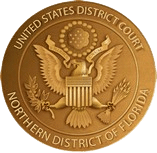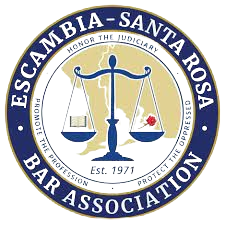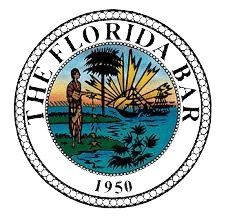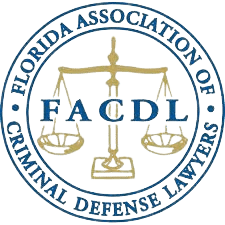Florida Drug Laws: Charges & Penalties
There are several Florida drug offenses that can result in severe penalties. The severity of the penalties depends on the level of offense involving illegal drugs. We’ll explain how the law applies to your drug charge in Pensacola, Florida and what you’re up against.
Drug Schedules in Florida
In Florida, like most other states, drugs are classified according to the federal Controlled Substances Act. Five schedules under federal law are categorized according to their potential for abuse and their accepted medical use. Florida added a sixth category for marijuana.
- Schedule I drugs have the highest potential for abuse and no accepted medical use in the United States. Examples of Schedule I drugs include heroin, LSD, ecstasy (MDMA), and marijuana (under federal law).
- Schedule II drugs have a high potential for abuse but also have accepted medical uses. Examples of Schedule II drugs include cocaine, methamphetamine, fentanyl, oxycodone, hydrocodone, and morphine.
- Schedule III drugs have a moderate potential for abuse, and some accepted medical uses. Examples of Schedule III drugs include anabolic steroids, testosterone, ketamine, codeine, and barbiturates.
- Schedule IV drugs have a low potential for abuse and some accepted medical uses. Examples of Schedule IV drugs include benzodiazepines (e.g., Xanax, Valium), Ambien, tramadol, and phentermine.
- Schedule V drugs have the lowest potential for abuse, and some accepted medical uses. Examples of Schedule V drugs include cough syrups containing codeine, Robitussin AC, Lomotil, and Lyrica.
Florida law also includes a Schedule VI, which is reserved for marijuana. However, marijuana is still illegal under federal law.
Drug Offenses & Penalties in Pensacola, FL
There are several common drug offenses in Florida. Those may be less severe misdemeanors or more serious felonies. In any case, being charged with a drug offense can result in severe penalties.
Drug Possession
Possession of a controlled substance in Florida is a crime, and the offense’s severity depends on the drug’s schedule and the amount possessed. For example, possession of a small amount of marijuana is a first-degree misdemeanor, punishable by up to one year in jail and a fine of up to $1,000. Possession of a larger amount of marijuana, or possession of a Schedule I or II drug, is a felony, punishable by up to 30 years in prison and a fine of up to $10,000.
Drug Trafficking
Trafficking in a controlled substance in Florida is a more serious offense, and the penalties are more severe. Trafficking in a Schedule I or II drug is a first-degree felony, punishable by up to 30 years in prison and a fine of up to $250,000. Trafficking in a Schedule III or IV drug is a second-degree felony, punishable by up to 15 years in prison and a fine of up to $150,000.
Drug Manufacturing
Manufacturing or distributing a controlled substance is also a felony, punishable by up to 30 years in prison and a fine of up to $250,000.
Collateral Consequences of Drug Charges in Florida
In addition to prison time and fines, people convicted of drug offenses in Florida may also be subject to other penalties, such as:
- Probation
- Driver’s license suspension
- Community service.
- Drug and alcohol rehab
- Drug counseling
- Periodic drug screening
Enhancements on Florida Drug Charges
Florida law also includes several enhancements that can increase the penalties for drug offenses. Some of the most common enhancements to illegal drug charges in Florida include:
- Trafficking in a controlled substance within 1,000 feet of a school or park: This enhancement carries a minimum mandatory prison sentence of three years.
- Trafficking in a large quantity of a controlled substance: This enhancement also carries a minimum mandatory prison sentence, the length of which depends on the amount of the drug trafficked.
- Habitual felony offender (HFO): A person convicted of a felony and who has two or more prior felony convictions can be sentenced as an HFO. This can result in a significantly longer prison sentence.
- Violent felony offender (VFO): A person who is convicted of a felony that is also classified as a violent crime can be sentenced as a VFO. This can also result in a longer prison sentence.
In addition to these enhancements, there are a number of other factors that can affect the sentence for a drug offense in Florida, such as the defendant’s criminal history, the circumstances of the offense, and the presence of any mitigating factors.





